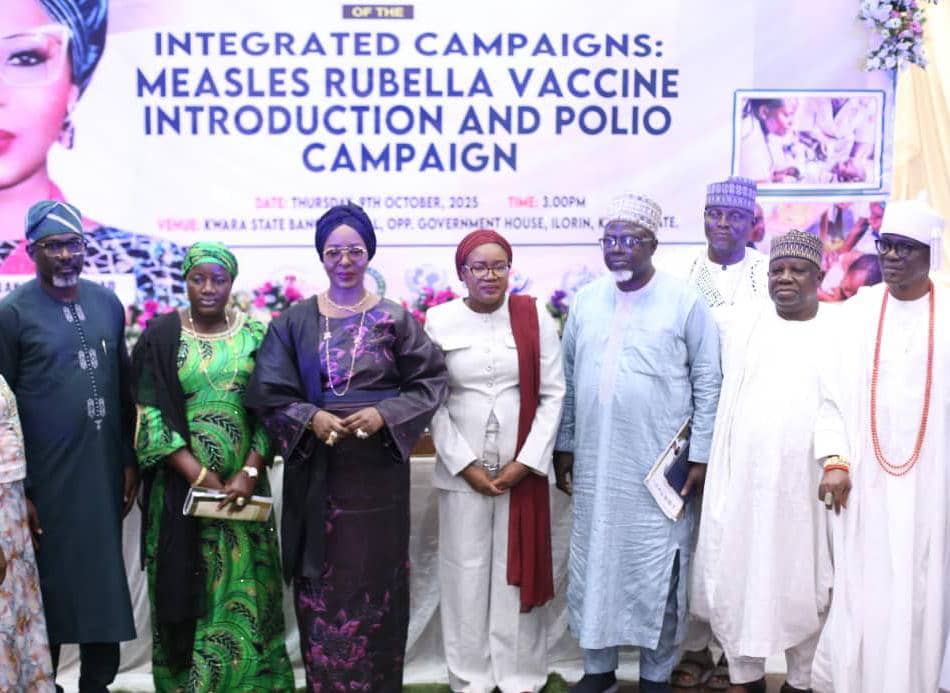By Justina Auta
Stakeholders on Tuesday demanded an open license for the generic production of HIV and hepatitis C drugs to allow low and middle income countries access to lifesaving drugs.
They made the call at a news briefing organised by AIDS HealthCare Foundation (AHF) on Tuesday, in Abuja.
Dr. Echey Ijezie, Country Programme Director, AHF Nigeria, called on Gilead, a pharmaceutical company based in the United States to stop evergreening patent on HIV and AIDS drugs like Truvada.
According to Ijezie, the company had priced several of its HIV and hepatitis C drugs out of reach for many people, by refusing to register some drugs in developing countries.
He added that Gilead had consistently blocked attempts to introduce cheaper generic versions of its medicines, which should benefit humanity.
Ijezie said Gilead, which was listed among the 15 largest biopharmaceutical firms in the world, puts profit before people’s lives, adding that in 2021, they generated over 27 billion dollars in revenue.
The Country Programme Director said the advocacy was a call by AHF on Gilead to firstly, “Stop evergreening patent on existing HIV and AIDS drugs like Truvada.
“Secondly, they should open the license for the generic production of the hepatitis C drug Harvoni to allow middle and low income countries have access without exception.
“Thirdly, they should license technology for the production of treatment for cryptococcal meningitis to generic manufacturers among others,’’ he said.
Ms Oluwkemi Gbadamosi, Director for Advocacy and Marketing for Africa Breau AHF, said Gilead should be held accountable for placing a price on the most effective, modern and lifesaving medicines
She decried the astronomical profit made by the big pharmaceutical companies at the expense of people’s lives.
According to her, Gilead is notorious for exploiting patent monopolies on blockbuster drugs to enrich itself and its shareholders.
“The research and development are often funded by U.S. taxpayers, but for their generosity, the public is rewarded with astronomical drug prices.
“For example a highly effective hepatitis C drug cost 1,000 dolars per pill and 12-week course of treatment has a retail price of over 90,000 dollars in the U.S.
“A generic version of the same drug cost only 4 dollars per pill in india, but according to Medecins Sans Frontieres, Gilead has excluded 50 middle income countries from access to the generic discounted price.
“These excluded countries like Jamaica, Tunisia, the Philippines, Ukraine and Venezuela among others,’’ She said.
Gbadamosi said over the years Gilead had been criticised for blocking access to affordable treatment of cryptococcal meningitis, a deadly fungi disease that often affect people living with HIV.
“Gilead holds a patent on the technology needed to produce the drug; therefore generic manufacturers cannot produce it at a lower cost.
“The company has promised but failed to deliver on a commitment to provide the drug to 116 countries at 16 dollars per vial and has not even registered the drugs in these countries, but relying on local suppliers.
The Advocacy Director added that for decades, Gilead had exacted a heavy toll on people living with HIV around the world by securing successive patent on tenofovir-based formulation for over two decades.
According to her, the company generated billions of dollars in profit by maintaining a monopoly on some of the most effective and well-tolerated antiretroviral drugs.
“In 2016 when the estimated cost of Atripla in the developing world was around $100 per patient per year, the U.S. government paid 30,000 dollars per patient, per year for the same drug,’’ she added.
Ms Amber Erinunwinhe, Executive Secretary, Nigeria Network of Religious Leaders Living with HIV/AIDS (NINERELA), said the group was standing strong on the advocacy in ensuring millions of people had access to affordable lifesaving drugs.
She said the lives of people must matter first before profiteering hence calling on Gilead to end its monopolistic behavior and ensure the license for generic production was made available.
“It is important that we look at the lives of people, the people you are producing this drugs for should be the number one before your profit.
“This is because if the lives are not there tomorrow I don’t think they would make such profit, and am happy the advocacy is not just Nigeria but a global one,’’ she said.
Mr Micheal Edoh Advocacy Specialist, Network of people Living with HIV and AIDS in Nigeria (NEPWAN) called on the Nigeria Institute of Medical Research to wake up to more research in producing local vaccines for the citizens.
He further lauded AHF for taking the lead in the advocacy by ensuring millions of people especially the community of persons living with HIV and AIDS have access to lifesaving medication.
Mr Ade Atambi, Secretary, Alliance for the survival of COVID-19 and Beyond (ASCAB), said health was a fundamental right of citizens, and a social service that must be provided by the government.
“The governance system in all countries especially Nigeria must be serious with the business of government in making resources available to fund public health institutions.
“They must stop the narrative of partnering and privatizing with private sector but to advance the public sector in a manner that they are well funded for the citizens.
News Agency of Nigeria (NAN) reports that, Stakeholders present at the event include; Nigeria Network of Religious Leaders Living with HIV/AIDS (NINERELA), Network of people Living with HIV and AIDS in Nigeria (NEPWAN).
Others include; Alliance for the Survival of COVID-19 and Beyond (ASCAB), Civil Society for HIV/AIDS in Nigeria (CiSHAN) and Nigerian Union of Allied Health Professionals (NUAHP)
















